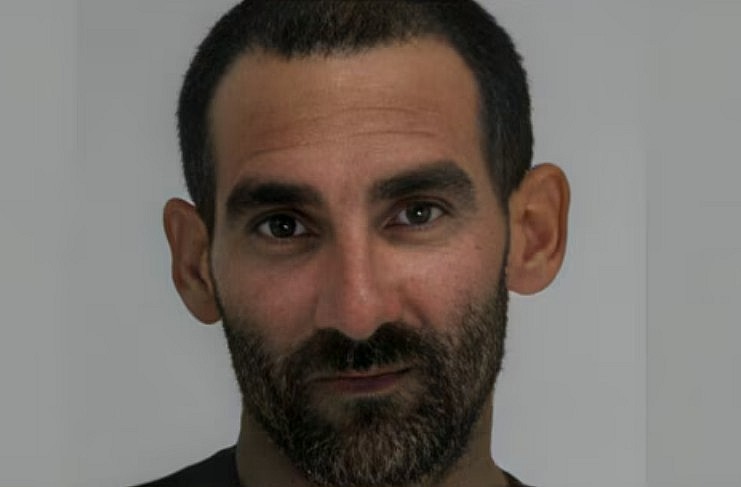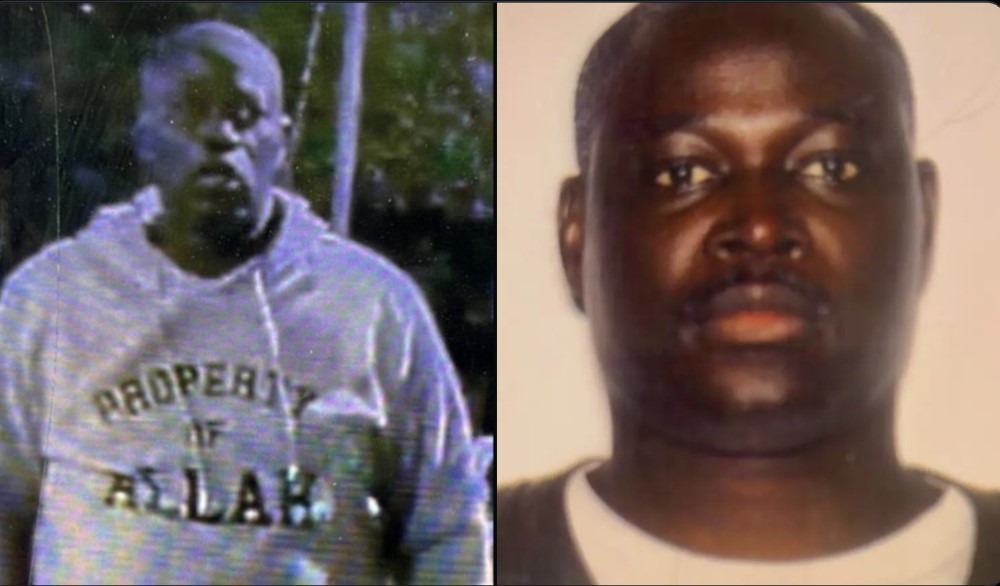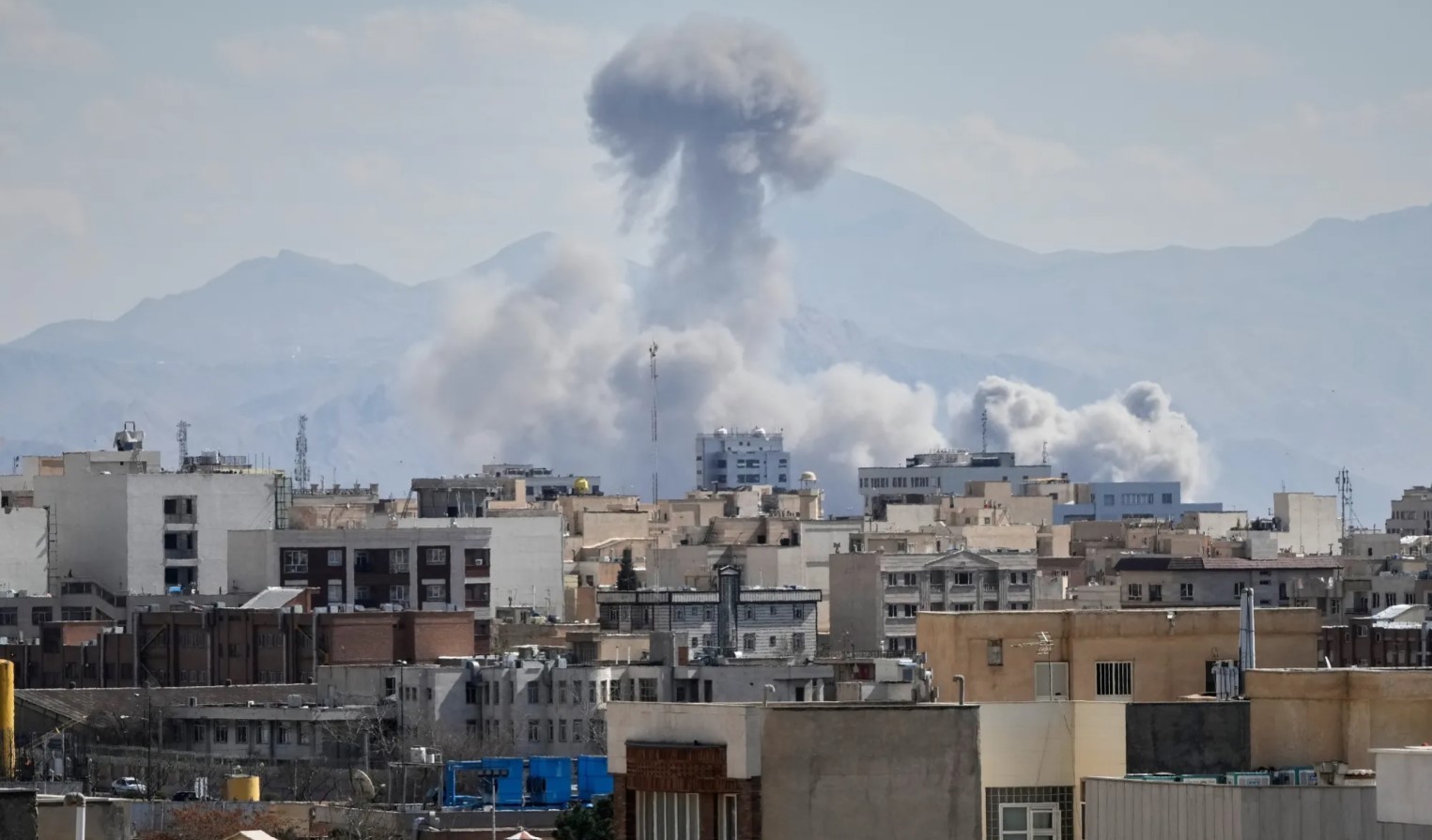Who Is Yordanis Cobos‑Martinez? The Man Charged in Dallas Motel Beheading
 |
| Yordanis Cobos-Martine, who is a suspect in the killing of an Indian man, Chandra Nagamallaiah |
At the center of the case is Yordanis Cobos-Martinez, a 37-year-old undocumented Cuban national with a violent criminal past, a history of deportation failures, and now a charge of capital murder — after allegedly beheading his co-worker with a machete in broad daylight. The motive? A dispute over a broken washing machine and a translation misunderstanding.
But behind that shocking headline lies a deeper story — of systemic failures, missed red flags, and a preventable tragedy that has reignited debates over public safety and border policy.
The Day of the Killing: A Washing Machine, a Machete, and a Family Witnessing Horror
On the morning of September 10, 2025, at the Downtown Suites Motel on Samuell Boulevard, manager Chandra Mouli Nagamallaiah informed maintenance worker Yordanis Cobos-Martinez that the washing machine was broken and should not be used. Because of a language barrier, he asked another employee to translate the instruction into Spanish.
That decision, according to police reports, enraged Cobos-Martinez. He reportedly felt insulted and disrespected by being spoken to through an intermediary.
Moments later, surveillance footage shows Cobos-Martinez exiting the motel unit, retrieving a machete from his belongings, and returning with visible intent. He allegedly charged at Nagamallaiah, striking him repeatedly as the victim tried to flee toward the front office, where his wife and adult son were present.
Witnesses say the wife attempted to intervene physically — placing herself between the two men — but Cobos-Martinez pushed her aside and continued the attack until decapitating Nagamallaiah at the entrance of the motel.
After the killing, Cobos-Martinez allegedly kicked the severed head across the parking lot and disposed of it in a dumpster nearby.
He remained on scene, covered in blood and still holding the weapon, when police arrived. He later confessed to the killing in a recorded interview.
Who Is Yordanis Cobos-Martinez?
Nationality and Immigration History
-
Country of origin: Cuba
-
Status: Undocumented immigrant
-
ICE Supervision: Released under Order of Supervision in January 2025 after Cuba refused to accept his deportation due to his criminal background.
Criminal History Across Three States
Cobos-Martinez had a multi-state criminal record prior to the Dallas murder:
-
Florida (Brevard County): Arrested for grand theft of a motor vehicle
-
California (South Lake Tahoe): In 2017, charged with carjacking — reportedly naked at the time of arrest
-
Texas (Harris County): In 2018, charged with assault and indecency with a child; the latter charge was dismissed in a plea deal
Despite these arrests, Cobos-Martinez was never deported, nor did he serve substantial time in prison. Most of his charges resulted in plea bargains or reduced sentences.
In January 2025, ICE released him under supervision, citing diplomatic limitations. Cuba has not accepted deportees with criminal records since the Trump-era rollback of repatriation agreements.
Legal Status Now: Capital Murder and Immigration Hold
Cobos-Martinez is being held in Dallas County Jail without bail, charged with capital murder — one of the most serious offenses under Texas law. If convicted, he faces life without parole or the death penalty.
ICE has placed an immigration detainer on Cobos-Martinez, signaling that he will be taken into federal custody for removal proceedings after the criminal case concludes. However, given Cuba’s refusal to accept deportations, his future remains uncertain even if convicted.
Victim Profile: Who Was Chandra Mouli Nagamallaiah?
Known affectionately as “Bob” by coworkers and friends, Chandra Nagamallaiah, 50, was an Indian-American immigrant, family man, and longtime resident of Texas.
-
Position: Manager at Downtown Suites Motel
-
Family: Survived by his wife and adult son, both of whom were present during the attack
-
Background: Originally from Karnataka, India; described by coworkers as "kind, fair, and hardworking"
The brutal nature of his death — especially in front of his family — has devastated the local Indian-American community and drawn condolences from public officials, including Rep. Ro Khanna, who called it a “preventable tragedy caused by system failure.”
Why This Case Is Different: Five Things That Set It Apart
-
Extreme brutality: Beheadings are rare in U.S. criminal cases. The level of physical violence and public nature of the act is exceptional and deeply disturbing.
-
Witnessed by family: The victim’s wife and son watched the killing unfold in real time, adding an emotional and legal dimension rarely seen in workplace homicides.
-
Workplace dispute turned execution: The catalyst — a washing machine and a miscommunicated instruction — was mundane. The response was catastrophic.
-
Immigration failure: Cobos-Martinez was known to immigration authorities. He had a criminal record, but due to U.S.-Cuba diplomatic standoffs, he remained free — until this killing.
-
Political flashpoint: The case has quickly been politicized, becoming a talking point in national conversations around border policy, ICE enforcement, and violent crime linked to undocumented immigrants.
Public and Political Reaction
-
DHS & ICE: ICE issued a public statement condemning the “barbaric murder,” and blaming current policies for forcing the agency to release known criminals due to diplomatic restrictions.
-
Lawmakers:
-
Rep. Ro Khanna (D-CA): “Cobos-Martinez should never have been on the streets. This was a systemic failure.”
-
Texas Attorney General’s Office: Pledged to pursue the case “to the fullest extent of the law.”
-
-
Immigration activists: Cautioning against using one case to paint all migrants, warning that this narrative could fuel xenophobia.
-
Public sentiment: On social media and community boards, sentiment has overwhelmingly called for tighter enforcement, stricter supervision, and criminal accountability across borders.
Unanswered Questions
-
Mental Health: Was Cobos-Martinez suffering from mental illness or post-traumatic stress?
-
Trigger or history at work: Were there prior workplace tensions or warnings?
-
Supervision quality: How closely was he being monitored under ICE’s release program?
-
Policy accountability: Who — if anyone — takes responsibility for releasing a known offender with a pattern of violence?
FAQs
Q1: Was Cobos-Martinez legally in the U.S.?
No. He was released under supervision due to failed deportation proceedings. He is considered undocumented.
Q2: Did he have a violent past?
Yes. He had arrests and charges for theft, assault, carjacking, and indecency with a child in three different states.
Q3: Will he face the death penalty?
Possibly. He’s charged with capital murder, and prosecutors have not ruled out seeking the death penalty.
Q4: Can he be deported?
Not currently. Cuba refuses to accept deportees with felony records. He is subject to an ICE detainer, but legal and diplomatic hurdles remain.
Q5: Why did this happen?
Authorities believe the immediate dispute was over a washing machine and translation. The full psychological and behavioral profile is under investigation.
Conclusion: A Case That Demands Answers
The killing of Chandra Mouli Nagamallaiah is not just a shocking act of violence — it is a tragic case study in policy failure, broken systems, and lost warnings. It raises urgent questions about how individuals with criminal records are tracked, supervised, and released — and whether tragedies like this can ever truly be prevented in a system constrained by politics and international diplomacy.
For the family mourning a loved one, and for a country grappling with how to balance compassion and security, the name Yordanis Cobos-Martinez is now inseparable from both pain and reckoning.























